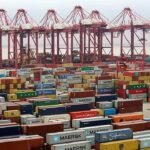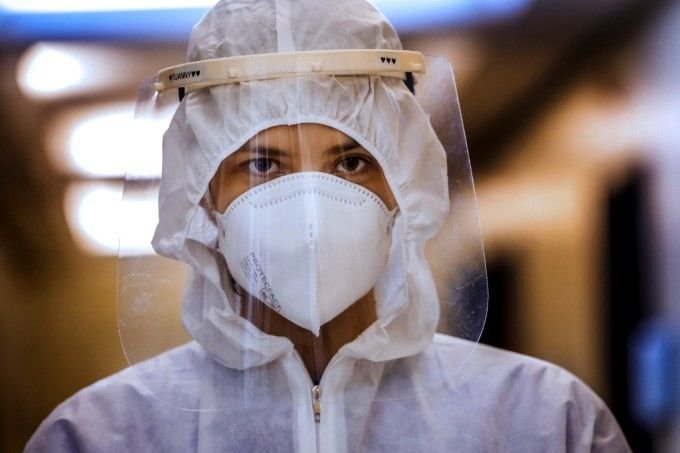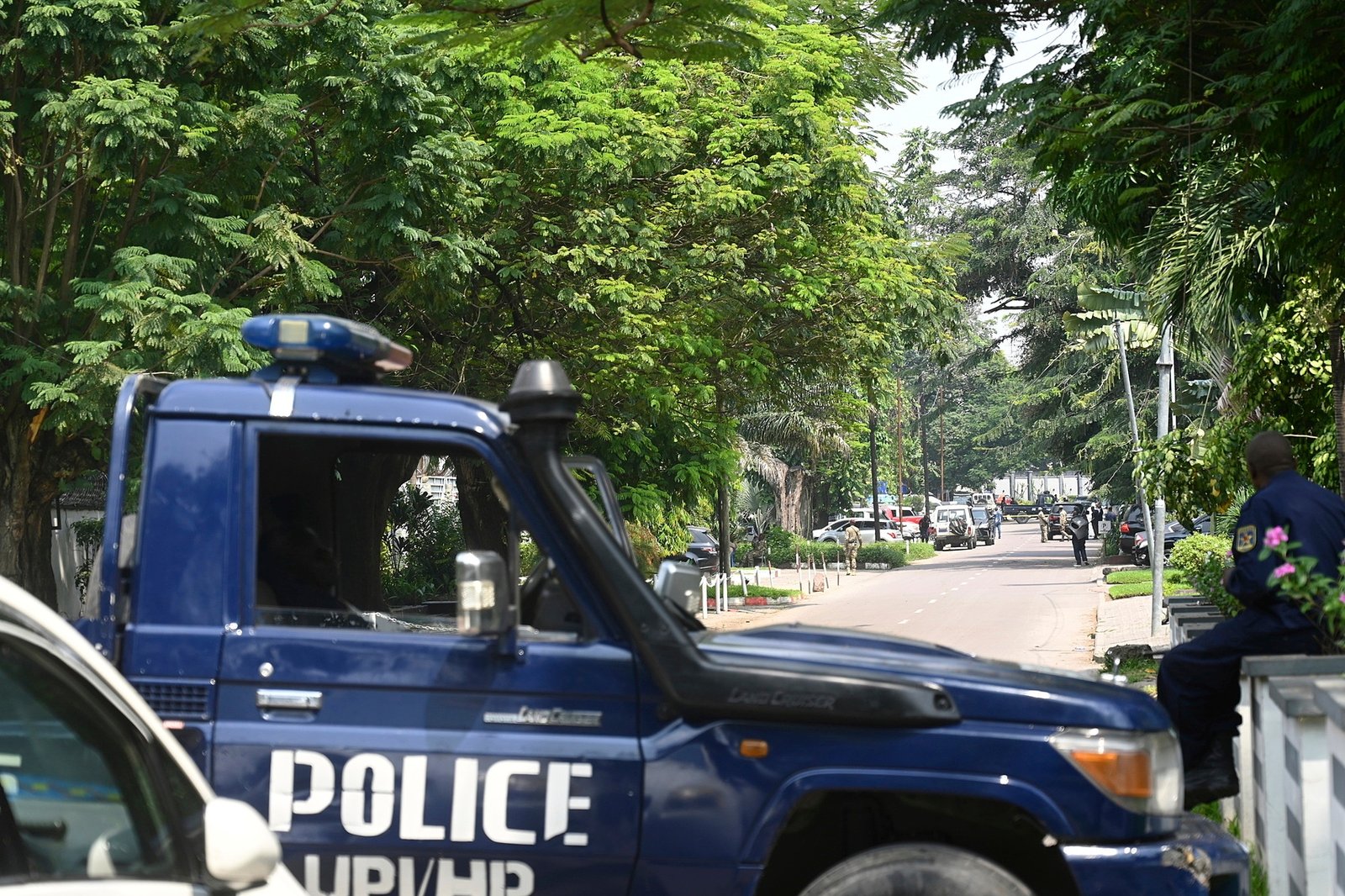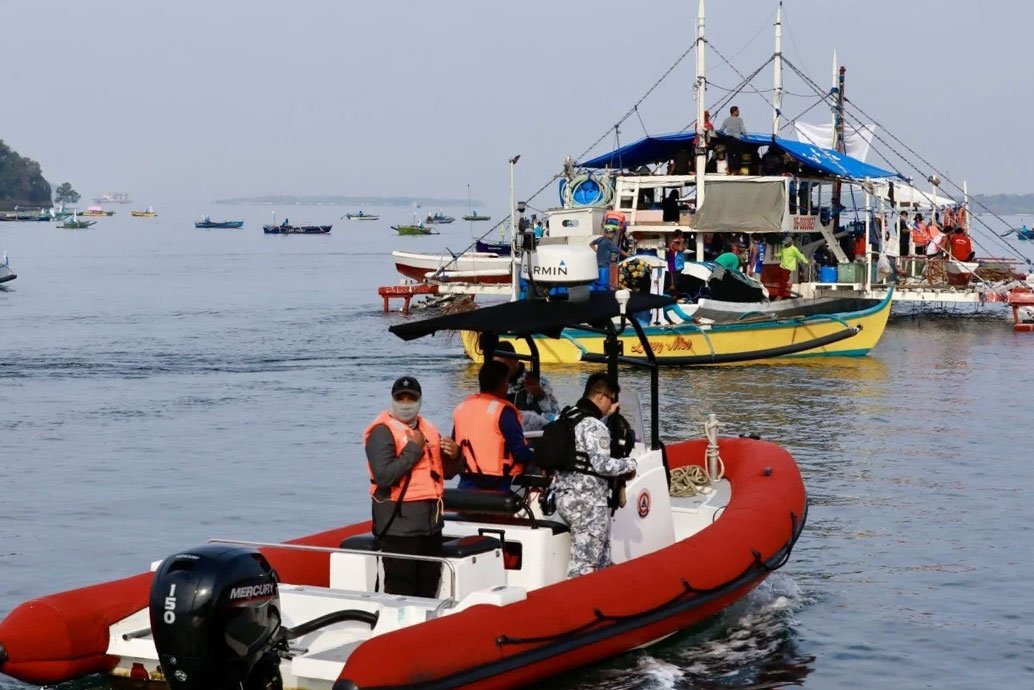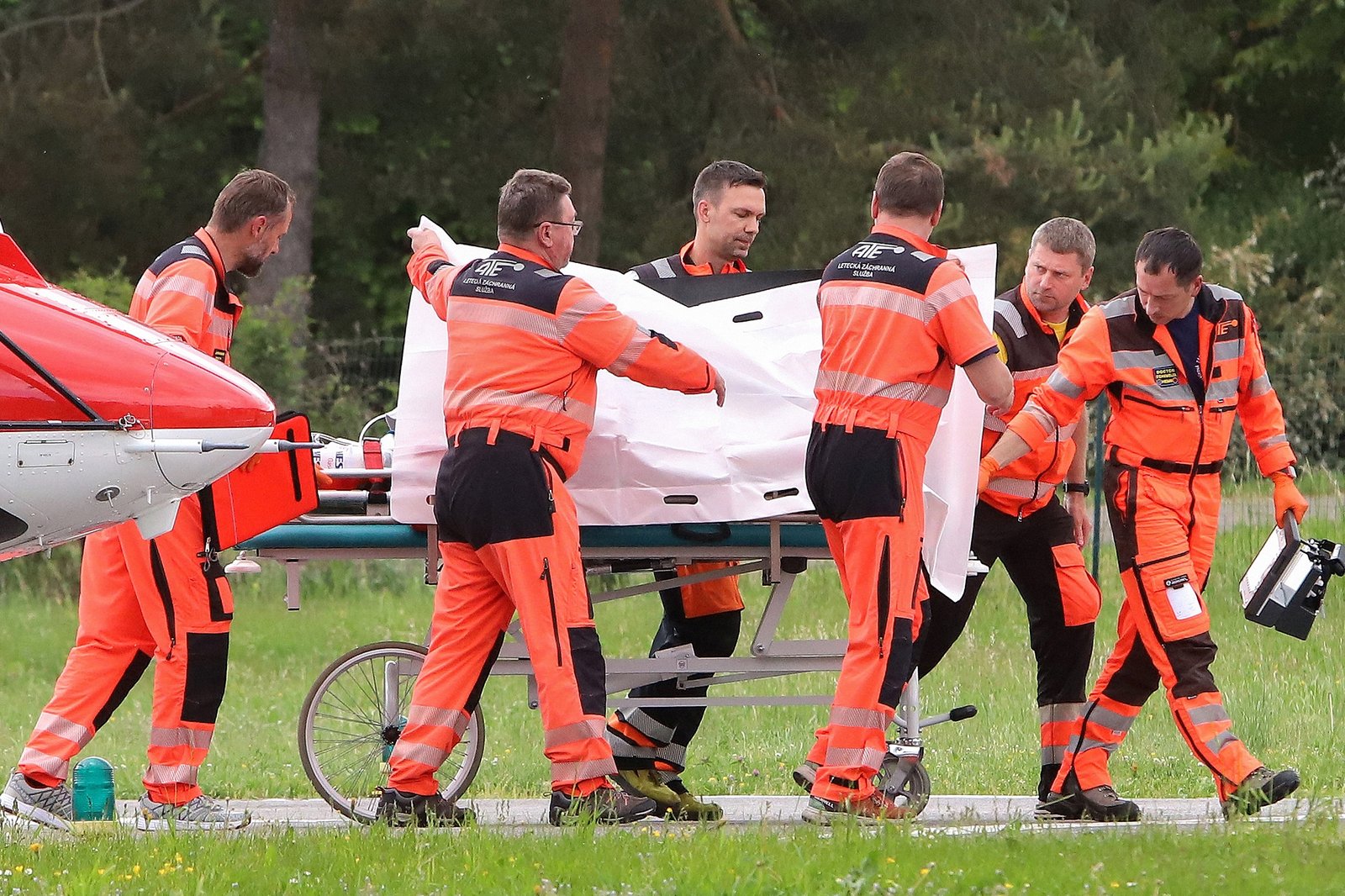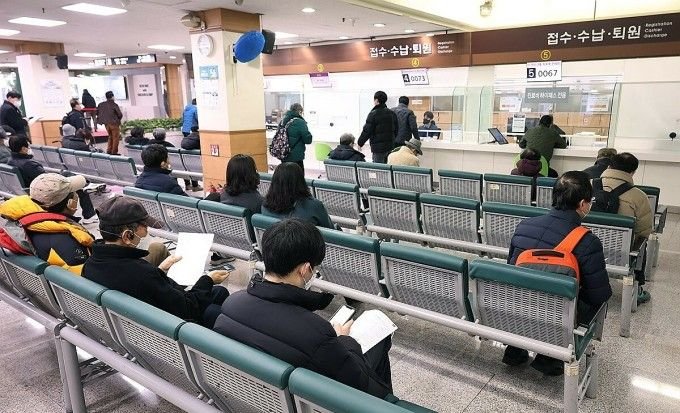213 countries and territories recorded 21,321,277 infections and 762,179 deaths due to nCoV, an increase of 270,909 and 9,849 cases respectively after 24 hours, while 14,122,473 people have recovered, according to statistics from the update page.
Nurse in the intensive care unit of a hospital in Porto Alegre, Brazil on August 13.
The US, the largest epidemic area in the world, recorded 5,472,782 cases of infection and 171,439 deaths, an increase of 57,116 and 1,024 cases respectively compared to the previous day.
US President Donald Trump said the federal government will provide up to 125 million reusable masks to school districts across the US, and urged states to allow students to return to school, despite warnings.
Meanwhile, California Governor Gavin Newsom announced that more than 96% of schools in California will start the new school year with online learning.
In Brazil, the second largest epidemic area in the world, deaths have increased to 106,523 after recording 959 more cases.
With more than 14,000 deaths, Rio state is the second most affected locality by the pandemic in Brazil, after Sao Paulo.
In order to prevent the spread of nCoV, Rio de Janeiro Mayor Marcelo Crivella announced that beachgoers must socially distance and reserve seats on the sand through the application, although this measure is expected to be difficult to implement.
Mexico, Latin America’s second largest economy and the region’s third largest epidemic area, reported 505,751 cases of infection and 55,293 deaths after recording 7,371 and 627 additional cases, respectively.
Despite the rising numbers, Mexican Deputy Health Minister Hugo Lopez-Gatell expressed optimism that pandemic control was better.
Mexico said it and Argentina aim to provide vaccines to Latin America, currently the region with the most infections and deaths in the world, early next year.
Chile recorded 382,111 cases of infection and 10,340 deaths, an increase of 2,077 and 41 cases respectively compared to the previous day.
Chile will lift the blockade from the center of the capital from August 17, after lifting the blockade in the eastern and southern suburbs two weeks ago. Santiago Mayor Felipe Alessandri advised people to still stay indoors.
South Africa, the fifth epidemic region in the world, is the country most heavily affected by the pandemic in Africa with 579,140 cases and 11,556 deaths, an increase of 6,275 and 286 cases respectively.
The financial center of Gauteng and the two tourism-promoting provinces of Western Cape and Eastern Cape have seen a sharp increase in infections for many months.
Russia, the world’s fourth largest epidemic region, reported 114 more deaths, bringing the total number of deaths to 15,498.
Russia on August 11 became the first country in the world to license a Covid-19 vaccine, after less than two months of human testing.
Many international experts are concerned about the speed of Russia’s vaccine development, suspecting that the country’s researchers may have `burned the stage` under pressure from the Kremlin.
Spain recorded 358,843 cases of infection, an increase of 2,987 cases while deaths increased by 12 cases to 28,617.
On August 7, officials imposed a blockade on the town of Aranda de Duero, about 150 km north of Madrid, including about 32,000 people, to prevent nCoV from spreading.
Germany considers almost all of Spain to be a Covid-19 risk area and advises people not to come here.
The UK reported an additional 1,440 cases of nCoV infection, the highest daily number recorded since June 21, bringing the total number of infections to 316,367, of which 41,358 people died.
Restrictions were recently re-imposed in a number of localities in central and northern England and the Scottish city of Aberdeen, where pubs and restaurants had to close, while travel restrictions were imposed.
However, despite the complicated developments of the pandemic, Scottish children returned to school on August 11 for the first time in 5 months, in the context that leaders across England are trying to reopen the education sector.
Iran, the largest epidemic region in the Middle East, recorded 169 more deaths, bringing the total number of deaths in the country to 19,331.
The number of infections and deaths from nCoV in Iran has tended to increase again since the end of June. The government has ordered the wearing of masks in closed public spaces, and provinces have also been empowered to consider re-imposing them.
India, the third largest epidemic area in the world, reported an additional 65,609 cases of infection and 990 deaths, bringing the total to 2,525,222 and 49,134 respectively.
Prime Minister Narendra Modi on August 11 called on local leaders to increase testing and contact tracing, as experts worry that the heavily burdened health system will not be able to cope with the pandemic.
In recent days, many Indian politicians have been infected with nCoV, including former president Pranab Mukherjee, who is on a ventilator after surgery.
China reported 22 new cases, including 14 imported cases.
In Southeast Asia, the Philippines is the largest epidemic area in the region with 153,660 cases and 2,442 deaths, an increase of 6,216 and 16 cases respectively.
The Philippines on August 14 banned the import of poultry meat from Brazil after two Chinese cities detected nCoV on frozen goods, including chicken wings from Brazil.
Indonesia, the second largest epidemic area in the region, recorded 135,123 cases of infection, an increase of 2,307 cases compared to the previous day, of which 6,021 people died, an increase of 53 cases.
The capital Jakarta extended social restrictions until August 27, requiring restaurants, places of worship and public transportation to operate with limited capacity.
Bali, one of Indonesia’s tourism centers, reopened on July 31 for domestic tourists and plans to welcome foreign tourists, possibly on September 11.
Singapore is the third largest epidemic area in the region with 55,580 infected people, an increase of 83 cases.
The World Health Organization (WHO) on August 13 stated that there is no evidence that Covid-19 can spread through food or packaging.
`People should not be afraid of food, its packaging, processing or handling (which can trigger a Covid-19 outbreak). There is no evidence that food plays a role in the transmission of the virus. People
Phuong Vu (According to AFP/Reuters)




